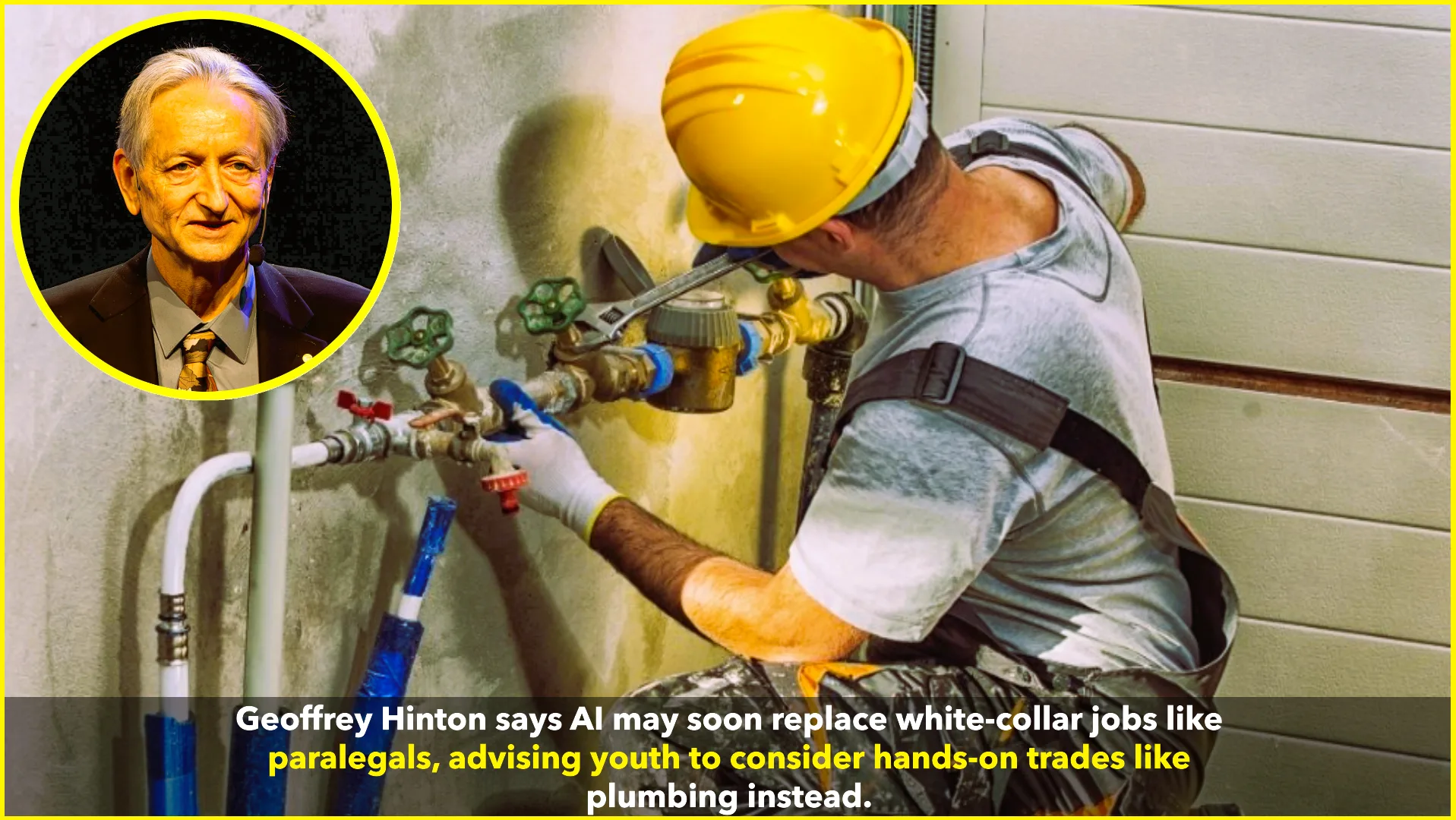Geoffrey Hinton, widely recognized as the “Godfather of AI,” has issued a stark warning about the growing capabilities of artificial intelligence and its potential to disrupt traditional white-collar employment. In a recent interview with Bloomberg, Hinton expressed deep concern that AI systems could soon take over a wide range of intellectual yet repetitive jobs, displacing workers in sectors such as law, customer service, and administration.
Hinton, a renowned computer scientist who played a crucial role in developing neural networks—the foundation for today’s AI—resigned from Google in 2023 to speak more openly about the risks of AI. In his latest remarks, he highlighted how large language models like ChatGPT and other generative AI tools are already proving capable of handling tasks previously reserved for skilled professionals.
“A lot of middle-class jobs like call center agents and paralegals are at risk. These systems are getting better at understanding and generating language, and that’s what many office jobs are built around,” Hinton explained during the interview.
He emphasized that AI’s proficiency in natural language processing allows it to perform tasks such as summarizing legal documents, responding to customer queries, and even drafting contracts or reports. While these advancements promise increased productivity and efficiency, they also threaten to render millions of workers obsolete.
Interestingly, Hinton suggested that manual labor jobs that require physical dexterity—like plumbing, electrician work, or carpentry—may be safer from automation. “We’re nowhere near having a robot that can go into a house and fix plumbing. That kind of physical manipulation is still incredibly difficult for AI,” he said.
Hinton’s comments echo growing concerns among experts and labor economists who warn that the next wave of automation will affect white-collar professions more than blue-collar ones. Unlike earlier technological revolutions, which displaced manual labor with machines, the AI era targets cognitive functions.
This shift challenges traditional views on education and job security. For decades, students were encouraged to pursue degrees and office jobs, which were seen as stable and prestigious. Hinton’s recommendation flips that script, urging younger generations to consider trade skills that are less vulnerable to digital displacement.
The warning comes amid rapid developments in generative AI, with companies like OpenAI, Google DeepMind, and Anthropic pushing boundaries in language understanding, problem-solving, and creativity. While these technologies hold tremendous potential in fields like healthcare, education, and research, Hinton stresses the need for regulation and proactive planning.
“We have to think very hard about how we restructure our job market and economy,” he said. “AI is a powerful tool, but without careful management, it could create vast inequality and social unrest.”
Governments around the world are beginning to take notice. In the U.S., President Biden signed an executive order in 2023 to regulate AI development and its impact on the workforce. The European Union is also finalizing the AI Act to ensure ethical use and transparency.
For now, Hinton’s advice is practical and grounded: “If you’re a young person thinking about your future, becoming a plumber might be a better bet than becoming a paralegal.”
Sources:
- Bloomberg Interview with Geoffrey Hinton (2025)
- CNBC: “AI Poses Risk to White-Collar Jobs”
- The Guardian: “Geoffrey Hinton on the Future of Work and AI”










